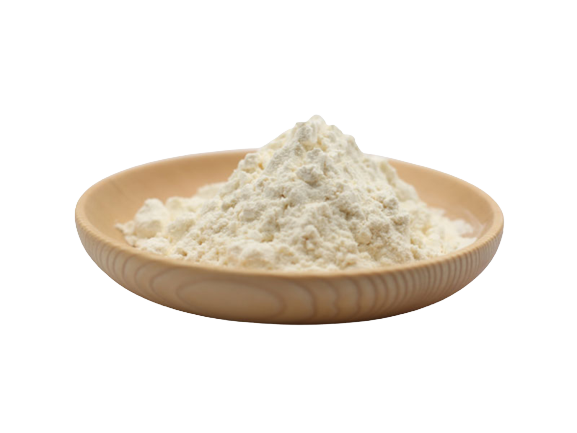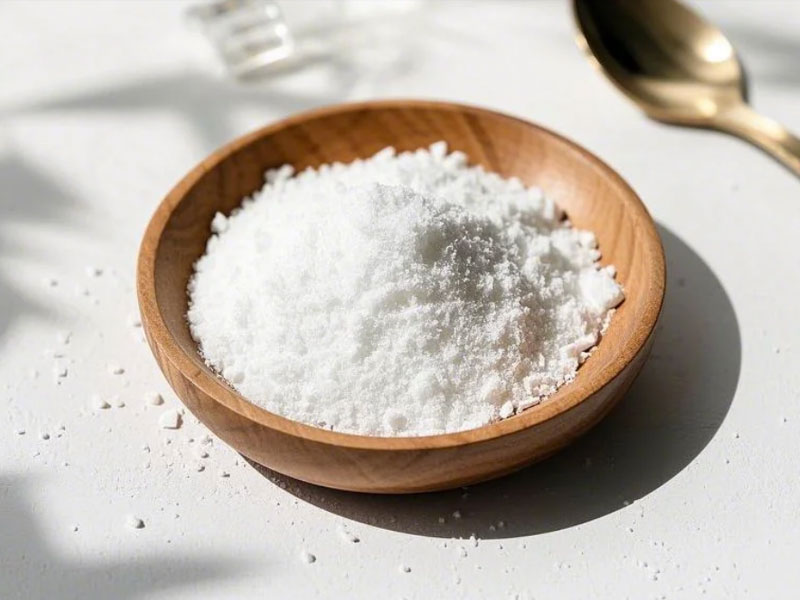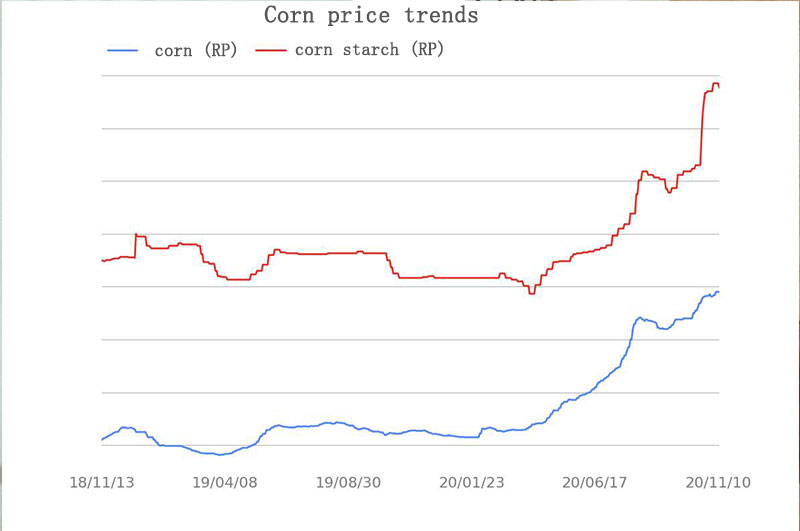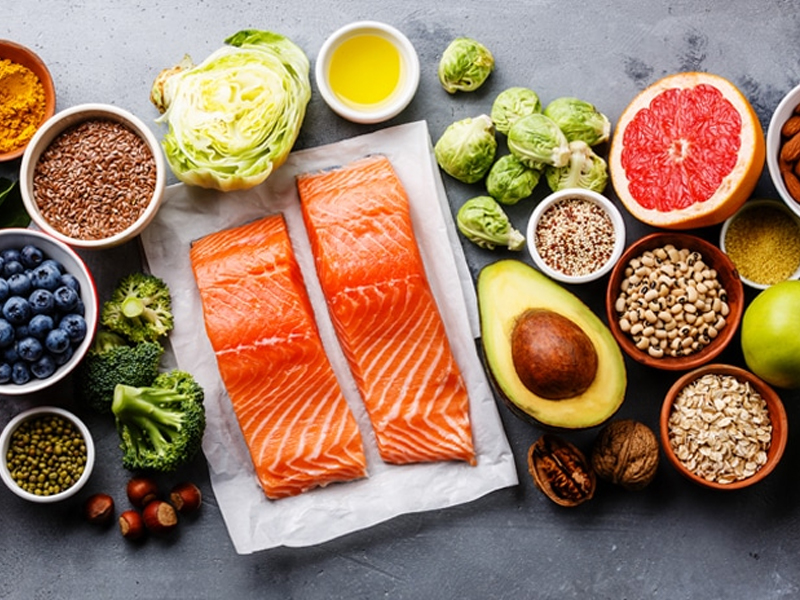Allulose 101: The Rare Sugar Hype
Touted as the holy grail of sweeteners, organic allulose (found in figs and raisins) mimics sugar’s taste with 70% sweetness but nearly zero calories. Unlike artificial sweeteners, it browns like sugar and won’t spike blood glucose (GI = 0). But as allulose powders and syrups flood “keto-friendly” shelves, its downsides are swept under the rug. Let’s dig deeper.

The Dark Side of Allulose: 7 Key Drawbacks
1. Digestive Rebellion: Gut on Fire
While FDA-recognized as safe, allulose is poorly absorbed:
- 20% of people report bloating, gas, or diarrhea at doses >30g/day.
- Fermentation Frenzy: Unabsorbed allulose feeds gut bacteria, causing SIBO-like symptoms in sensitive individuals.
Powder vs. Syrup: Syrups often blend allulose with erythritol or monk fruit, doubling the laxative risk.
2. Cost: Luxury Sweetener Pricing
- 5–8x pricier than erythritol: Organic allulose powder costs ~$25/lb vs. $5/lb for organic cane sugar.
- Why? Extraction from non-GMO corn or wheat via enzymatic hydrolysis is resource-intensive.
3. Baking Betrayal: Texture Troubles
- Overcrisping: Allulose caramelizes faster than sugar, burning cookies if not timed perfectly.
- Dryness: Absorbs moisture, making cakes crumbly (fix with extra butter or xanthan gum).
- Cooling Aftertaste: Mild but noticeable in syrups (mask with cinnamon or vanilla).
4. Regulatory Gray Zones
- EU Ban: Not approved in Europe due to insufficient long-term safety data.
- Labeling Confusion: In the U.S., allulose isn’t counted as “sugar” or “carb” on nutrition labels—misleading for keto dieters tracking net carbs.
5. Sustainability Concerns
- Crop Intensive: Producing 1kg of organic allulose requires 10kg of non-GMO corn.
- Energy-Heavy Processing: Enzymatic hydrolysis demands 40% more energy than stevia extraction.
6. Nutrient Blockade
- Mineral Malabsorption: Studies suggest allulose may inhibit zinc and iron uptake when consumed with meals.
7. Hidden Additives in Syrups
Many “organic allulose syrups” contain:
- Gums (guar, xanthan): To mimic thickness, risking bloating.
- Preservatives (citric acid): Triggers acid reflux in some.
Organic Allulose vs. Alternatives: A Reality Check
| Sweetener | Calories | Aftertaste | Baking Stability | Digestive Risk |
|---|---|---|---|---|
| Organic Allulose | 0.4 kcal/g | Slight cooling | Moderate (burns easily) | High (dose-dependent) |
| Erythritol | 0.2 kcal/g | Cooling | Poor (recrystallizes) | Moderate |
| Monk Fruit | 0 kcal/g | Bitter/licorice | Terrible (needs blends) | Low |
| Coconut Sugar | 4 kcal/g | Caramel | Excellent | None |
Winner for Taste: Allulose. Winner for Safety: Coconut sugar.
Who Should Avoid Allulose?
- IBS/IBD Patients: High risk of flare-ups.
- Budget-Conscious Buyers: Stick to erythritol or stevia.
- EU Residents: Illegal to sell or import.
The Organic Advantage: Does It Mitigate Risks?
Organic certification addresses:
✅ Pesticide-Free Sourcing: Non-organic allulose often uses GMO corn treated with atrazine.
✅ Clean Processing: No chlorine-based bleaching agents.
✅ Non-GMO: Critical for purity-focused consumers.
But It Doesn’t Fix: Digestive issues, cost, or baking quirks.
How to Use Allulose Wisely
- Blend It: Mix with monk fruit (1:1) to reduce laxative effects.
- Lower Oven Temp: Bake at 25°F less than recipes suggest.
- Start Small: 10g/day max for the first week.
- Choose Syrups Carefully: Opt for additive-free brands like SweetLeaf or Wholesome.
The Verdict: A Conditional Yes
Organic allulose is a game-changer for keto bakers and diabetics but comes with caveats. Its digestive risks and cost make it a “sometimes” sweetener, not a daily driver. For those prioritizing taste and blood sugar control—and willing to tolerate trial-and-error baking—it’s worth the hype. For everyone else? Stick to nature’s sugars.
Sweeten smart. Know the trade-offs.
Related Products
Organic Cane Sugar
Unrefined, Sustainably Grown Sweetener for Clean-Label & Wholesome Formulations
Organic Monk Fruit Extract Powder
Zero-Calorie Natural Sweetener for Clean-Label Food, Beverage & Supplement Applications
Organic Allulose Sweetener
Zero-Calorie, Natural Sweetener for Clean-Label Food, Beverage & Keto Formulations




